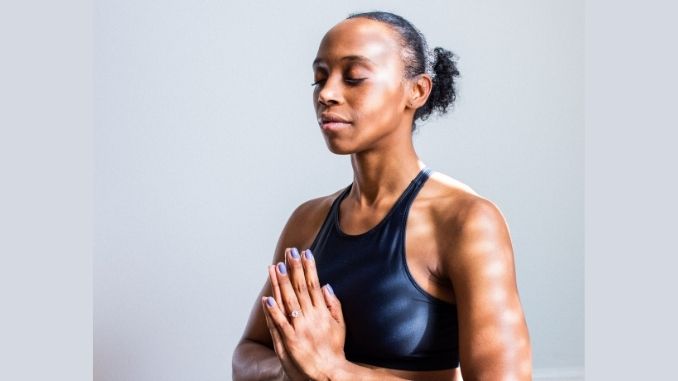Sweaty palms, anxious jitters, a racing heartbeat – we’ve all been there. Pre-performance nerves are seemingly universal to the human species. If you dread the thought of presenting in front of a large group of people or fear failure in any performance-related activity, you’re not alone. Although the physiological responses of our bodies may be difficult to completely control, there are undoubtedly some practical ways you can start to improve how you respond to and cope with performance stressors, nerves, and anxiety. Let’s take a look at just a few of these helpful tips.
Be well-prepared
Confronting a stressful situation head-on is already hard enough but doing so while underprepared is much worse. Think about a time when you’ve begun something challenging without putting in the prep-work it required beforehand. There’s a high chance your performance wasn’t as successful as it could have been because you were ill-equipped for the task. The expression “practice makes perfect” is so overused for a reason – it really works. Human beings are less likely to feel mass amounts of nerves and anxiety if they are prepped, rehearsed, and organized.
Just consider how people with potentially adrenaline-inducing jobs handle their performances. Professional rock climbers and poker players both agree that working through the fear is possible by practicing over and over again, and that level of preparation is directly linked to the level of emotional energy necessary in order to perform well. Listen to the experts if you are skeptical: being prepared will not fail you. One of the most helpful strategies for calming performance-related stress is to acquire confidence in your ability to succeed. This self-assurance is best attained from knowing deep down that you have prepared as best you can.

Concerts, sporting events, university presentations, and adrenaline-inducing activities are all examples of situations that often produce nerves in their participants
Find ways to relax daily
Most people say that reacting calmly in the exact moment of an anxious experience is extremely difficult. While preparation helps dramatically, sometimes the body cannot help but feel the physical weight of stress. However, training the mind through daily practices of relaxation can provide you with the necessary tools to tackle these situations differently when in the thick of them.
Whether it’s through meditation or yoga, practice taking control of your breath at least once a day. Concentrate on every sensation in your body and let wandering thoughts enter freely, but without giving them the power to distract you from the moment. Find the right meditation technique for you and commit to practicing it consistently over a long-term period of time. While it may seem futile at first, you will begin to notice how your first reactions in moments of stress are more contained and calmer than in the beginning.

Studies show that daily meditation practices often see positive results in as short a time as three weeks
Be kind to yourself
When it comes to anxiety, our biggest enemy is often ourselves. Negative self-talk leading up to or during an important event can be cause for an emotional breakdown. Rather than focusing on the negative, the words we speak to ourselves should be kind, encouraging, loving, and true. Even if performance does not produce the result you were hoping for, it doesn’t mean you are the embodiment of failure. Speak to yourself the way you would like to be spoken to, however silly that may sound. Adopting a few positive affirmations that you can repeat to yourself in the midst of an anxiety-inducing situation can help you to remember what is true and what is not.
Another huge part of caring for yourself means filling your body with the right nutrients it needs to be happy. Combining daily exercise with healthy eating habits is a foolproof recipe for success. The truth is this: being kind to yourself is a multifaceted job that takes awareness, commitment, and practice. But, ironically, if you truly want to grab a hold of your anxiety and have the power to respond to any stressful situation with ease, the most transformational changes may begin with you.
2 Comments
Julia · August 31, 2021 at 7:41 PM
take a deep breath when in stress
Denise · August 31, 2021 at 7:40 PM
meditation is best
Comments are closed.